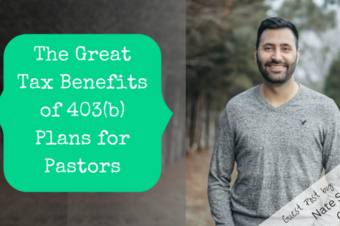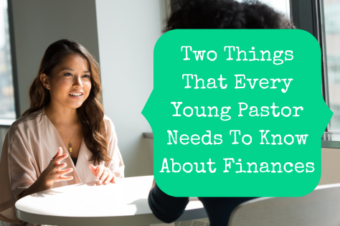
I just finished a 2-year journey with my dad. It was that journey that inspired posts such as Do You Really Need All Those Papers?, Welcome To The Sandwich Generation, Be Prepared: When You Retire Is Not Your Decision, and 7 Estate Planning Mistakes That Will Rob Your Family Of Sleep. On Wednesday, that journey came to an end, and my dad is now in heaven, most likely ice skating and taking water samples of the river that John saw flowing from the throne of God.
How Finances Can Affect Your End-Of-Life Decisions
Today I want to discuss how finances can affect your end-of-life decisions. You see, for a lot of people, the money eventually runs out. Most of us will spend the last years of our life fighting some kind of disease, whether it’s cancer or congestive heart failure.
Medical care is expensive. Even with insurance, the costs add up and can quickly deplete your retirement savings. Many people come to the point where they simply cannot afford to keep on fighting. Their only option is death.
When the doctor recommended that my dad cease dialysis treatments and go on hospice, he didn’t want to. But, he was out of money and out of options. In fact, the last conversation I had with him consisted of:
Him: “Is there any way you can take out a HELOC?”
Me: “No.”
Him: “Ok, I’ll keep working on mine. Bye.”
He was worried about money and trying to figure out how to get his hands on just a little bit more all the way up until the end.
Money = Options
You see, money can’t buy you health, and it can’t buy you happiness, but it can buy you options. I can’t even imagine what it would be like to face my husband battling cancer and have to tell him, “I’m sorry, honey, but we have to stop treatments. There just isn’t any money left.” I think that would be absolutely horrific.
And how would it feel to be in the position of the sick spouse, knowing that you’ve used up all of the family’s resources and you’re now leaving the love of your life broke and alone?
If you don’t want to find yourself in that position, you need to take action today. By the time you retire, it’s far too late.
How Should You Plan For Retirement?
You need to create a plan today that will put you on a path to having enough resources to make your own end-of-life decisions. That plan should include things like saving diligently and sufficiently in a 401(k) or 403(b) if you have access to one, or an IRA.
It’s also a good idea to have a plan that will get rid of your mortgage by retirement. That can include paying off your current home or plans to downsize. If your church provides you with a parsonage, you should be saving up so that you can purchase a retirement home when you need one. If you’re worried about missing out on your maximum housing allowance by having no mortgage, ask your wife which she would prefer: complete ownership of a home that no one can foreclose on or a tax break.
Your plan should also address how you’re going to cover the costs of medical care as you age. If you have opted out of Social Security, you need to be aware that you will have to pay more for Medicare than everyone else does. If you have access to a Health Savings Account, it is an excellent way to save towards those costs. Also, if you are 60 or older you should look into getting long-term care insurance or a long-term care rider on your existing life insurance policy.
You Have To Make The Choice Today
If you don’t want your end-of-life decisions driven by money, you need to make a plan today. And don’t just make a plan, DO IT. Set yourself on the path that will give you options in retirement and allow you to take care of those who matter most to you. You won’t regret it.




4 Responses
mark
August 13, 2018Amy, I am so sorry for your loss.
My sincere condolences. I applaud your effort to take the good lessons from your tragedy. God bless you!
Amy
August 14, 2018Thank you, Mark.
Dan
August 13, 2018I too am sorry for your loss. Remember the good times and thank you for sharing life lessons.
Amy
August 14, 2018Thank you, Dan.